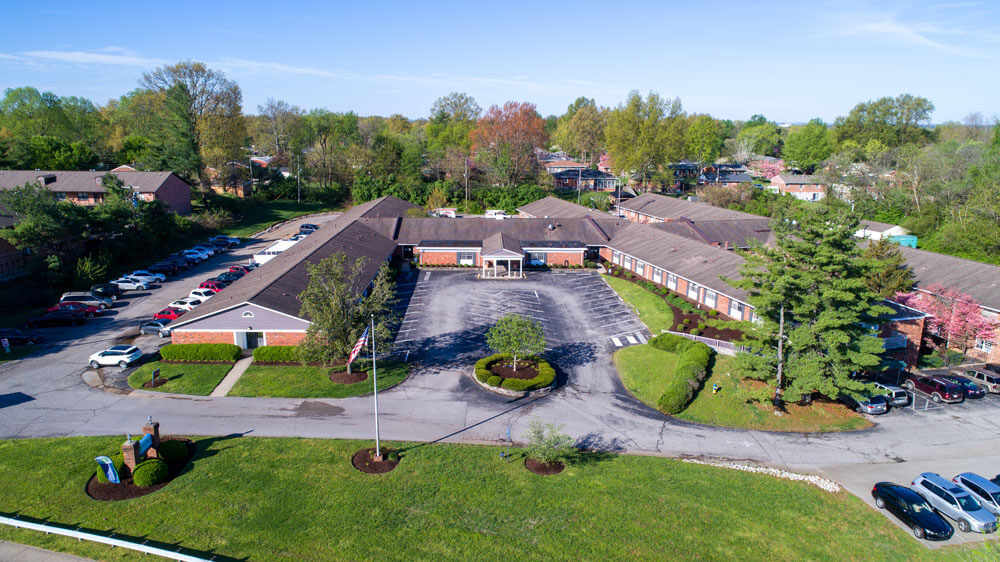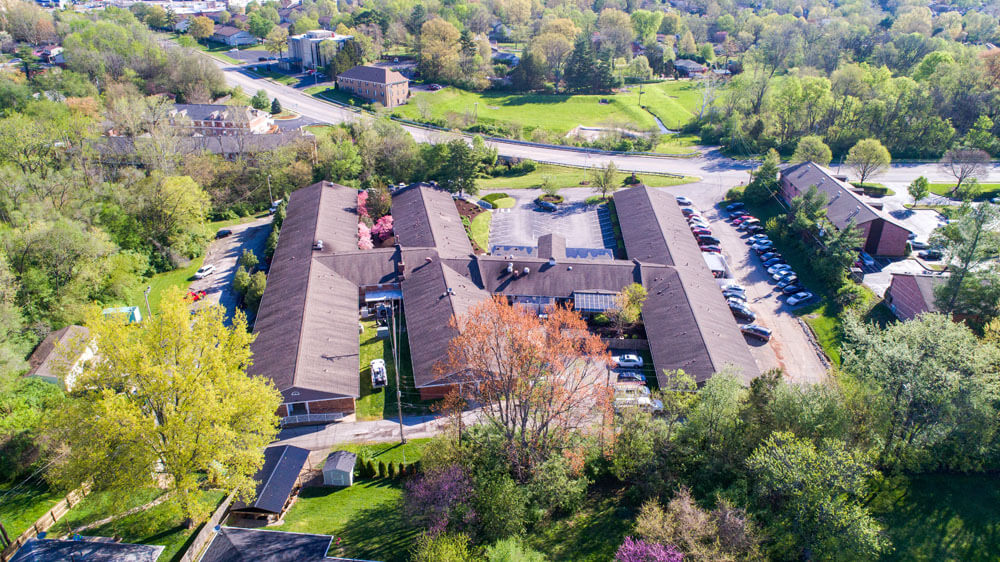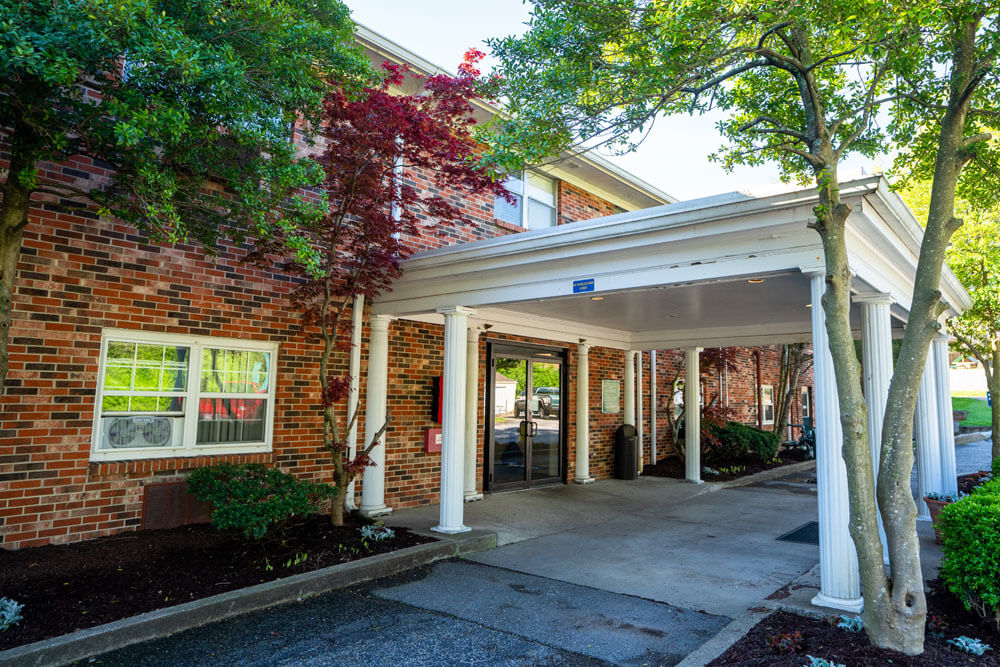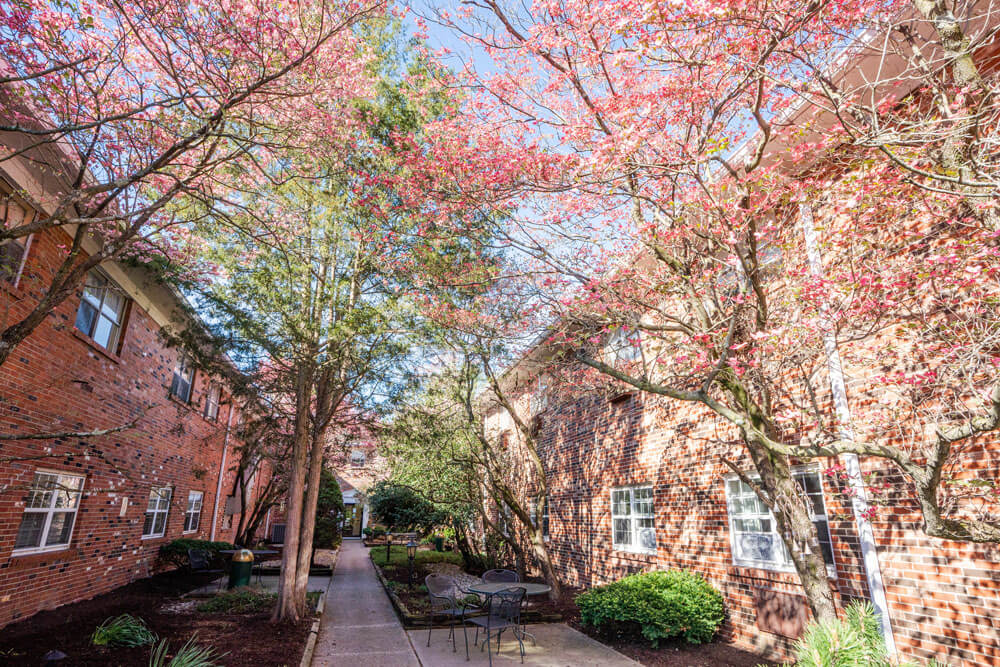
As the baby boomer generation gets older, the need for memory care facilities grows. About 1 in 10 elderly people experience some form of dementia that requires extra care. With advances in medicine and health care, people are generally living longer, and the number of people who need help is going up.
Making the decision to move your elderly relative into a memory care community is heavy. You want to make sure that your loved one is getting the hands-on, personalized care that you personally are not able to give them. This article will discuss what a memory care community entails and how that differs from other levels of care.
Memory Care vs Other Levels of Care
There are many senior living options for your elderly relatives. Depending on their level of independence, they will need more or less help from trained staff. Many senior living facilities will offer transportation services, park access, and social activities. But, a memory care community offers 24-hour help and monitoring. This is a crucial difference between the two types of care. Memory care communities are specifically designed for the comfort and safety of your loved one with dementia. Here are some of the things you can expect.
- 24-hour Monitoring
Many people with dementia are prone to wandering, which is a major safety concern for families. In a memory care community, doors and windows have security measures in place to prohibit wandering.
- Special Staff Training
Memory care requires a different kind of care than typical elderly care. For example, when a person with dementia experiences confusion, it is important that anyone around them is able to be of assistance. Because of that, many times, everyone who works in the community receives special training. When you are searching for a community for your relative, you will want to ask about the training of the staff at that particular place.
- Easy to Navigate Layouts
Many memory care facilities have easy find and labeled common rooms and circular hallways. This is to avoid frustrating individuals if they reach a dead-end or cannot find where they’re looking for. If you are considering a specific community, you should make sure the layout would be the comfortable for your family member.
- Memory Care Education For Caregivers and Relatives
Some memory care facilities will also offer special programs and lectures from professionals who are knowledgeable about Alzheimer’s and dementia. These programs are an opportunity for you and for the staff to stay up to date on the latest care research. This also offers you a community of other families who are going through the same thing. A community of people who understand is just as important for you as for your elderly family member.
Memory and Sensory Therapy Programs
Another aspect of memory care facilities that differ from other levels of care is the addition of therapies specifically designed to assist residents who are experiencing Alzheimer’s and dementia. These activities are usually done in a social environment with trained staff. Research has shown that participating in memory therapy has actually reduced the amount of medication needed for individuals. Here is a list of some of those activities you might find in a memory care community.
- Sensory Therapy
Many communities will provide memory boxes for residents. These boxes filled with familiar pictures and mementos help to trigger memories and bring comfort. Along with sensory therapy are aromatherapy and music therapy. Some memory care facilities will allow residents to assist with cooking and baking. These familiar activities help residents to activate memories and avoid idleness.
Art therapy is another way to activate memory. Working with colors has proven to assist in reducing some of the negative side-effects along with dementia.
- Visual Therapy For Everyday Activities
Otherwise simple everyday tasks can become difficult for people with dementia who are prone to get lost or confused. Color-coded walls that lead to common areas or bathrooms are an easy way to help residents find their way around. Painted bathroom walls that contrast with the toilet and sink can assist people with vision difficulties.
- Storytelling
Listening to stories and telling stories is a way for residents to socialize with others and remember people and places in their lives. Storytelling is also a good way for people with dementia to communicate and socialize without remembering specific facts about their lives because they are able to fictionalize.
Care For You and Your Family Member
Making the decision to place your relative in a senior living community is a difficult one to make. There are many resources that can help you in your decision process. You can take our survey here to assist in deciding whether it is time to get help.
If you think it’s time to move your family member into senior living, contact us to learn more about our facilities.






